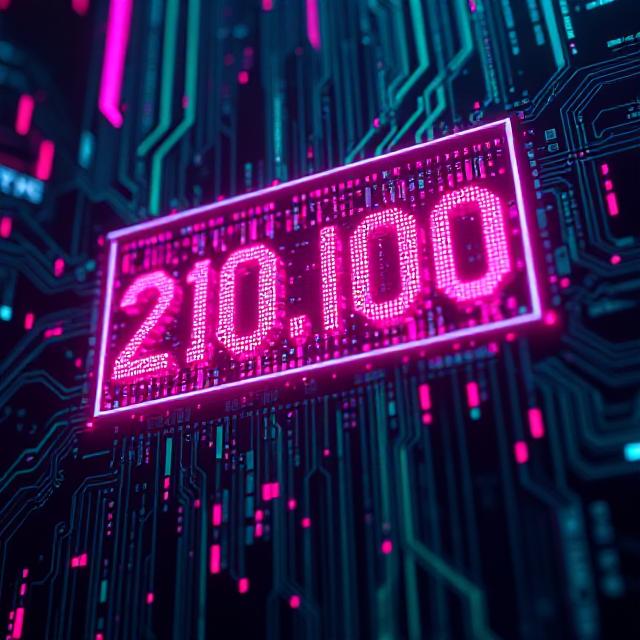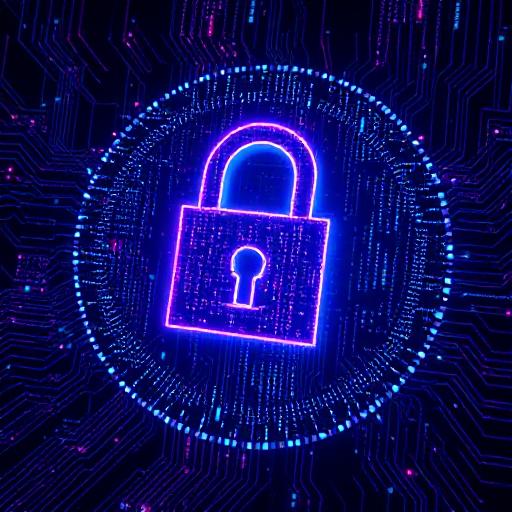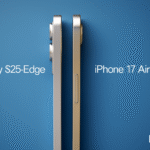Introduction

A catastrophic dark web password leak has exposed 1.7 billion user credentials, putting millions at risk of cyberattacks. This unprecedented breach means your login details might already be circulating among hackers – even if you’re unaware. We explain how this password leak happened, how to check if you’re affected, and most importantly, how to secure your accounts before criminals strike.
Understanding the Dark Web Password Leak
What Happened?
A recent report revealed that a staggering 1.7 billion passwords were leaked on the dark web, making it one of the largest credential exposures in recent years. Cybercriminals can use these credentials for:
- Credential stuffing attacks (testing stolen logins on multiple sites)
- Identity theft & financial fraud
- Phishing scams & ransomware attacks
How Did This Happen?
Many of these passwords were likely collected from:
- Previous data breaches (LinkedIn, Yahoo, Adobe, etc.)
- Malware-infected devices (keyloggers, spyware)
- Phishing scams (fake login pages)
Since many users reuse passwords, hackers can easily access multiple accounts with a single stolen credential.
How to Check If Your Password Was Leaked
You can verify whether your credentials were exposed using these trusted tools:
- Have I Been Pwned? (haveibeenpwned.com) – Checks emails & passwords against known breaches.
- Google Password Manager – Alerts users if their passwords appear in leaks.
- Firefox Monitor (monitor.firefox.com) – Scans for compromised emails.
If your password appears in any breach, change it immediately and enable two-factor authentication (2FA).
How Hackers Use Stolen Passwords
Cybercriminals don’t just sell leaked passwords—they actively exploit them in multiple ways:
| Attack Method | How It Works | Potential Damage |
|---|---|---|
| Credential Stuffing | Automated login attempts using leaked credentials | Account takeover, financial theft |
| Phishing Scams | Fake emails mimicking legitimate services | Stolen banking details, malware infections |
| Ransomware Attacks | Gaining access to corporate networks | Data encryption, extortion demands |
| Identity Theft | Using personal info to open fraudulent accounts | Credit score damage, legal issues |
How to Protect Yourself from Password Leaks
1. Use a Password Manager
Tools like Bitwarden, LastPass, or 1Password generate and store strong, unique passwords for every account.
2. Enable Two-Factor Authentication (2FA)
Even if hackers have your password, 2FA adds an extra security layer (SMS, authenticator apps, or hardware keys).
3. Never Reuse Passwords
If one account is breached, all accounts with the same password are at risk.
4. Monitor Your Accounts for Suspicious Activity
- Check bank statements regularly.
- Use credit monitoring services (Experian, Credit Karma).
5. Update Passwords Periodically
Change passwords every 3-6 months, especially for sensitive accounts (email, banking).
Comparison: Password Managers & Security Tools
| Feature | Bitwarden | LastPass | 1Password | Google Password Manager |
|---|---|---|---|---|
| Free Tier | Yes | Limited | No | Yes |
| Cross-Platform | Yes | Yes | Yes | Yes (Chrome/Android) |
| 2FA Support | Yes | Yes | Yes | Yes |
| Dark Web Monitoring | No | Premium Only | No | Yes (via Chrome) |
| Encryption | AES-256 | AES-256 | AES-256 | Google’s encryption |
Verdict:
- Best free option: Bitwarden
- Best for businesses: 1Password
- Best for Google users: Google Password Manager
Why This Leak Is More Dangerous Than Previous Breaches
Unlike past breaches, this leak:
- Combines credentials from multiple sources, increasing credential-stuffing risks.
- Includes older passwords, meaning even outdated logins may still be in use.
- Is actively being sold on hacker forums, making attacks more widespread.
According to Cybersecurity Ventures, cybercrime damages will hit $10.5 trillion annually by 2025, emphasizing the need for better password hygiene.
Final Thoughts: Stay Proactive Against Cyber Threats
With 1.7 billion passwords exposed, assuming “it won’t happen to me” is a dangerous mindset. By using unique passwords, enabling 2FA, and monitoring breaches, you can significantly reduce your risk of cyberattacks.
Have you checked if your passwords were leaked? Share your thoughts in the comments!


